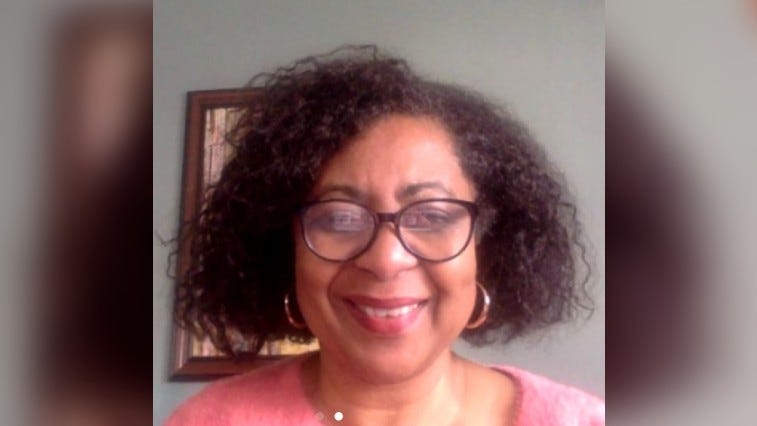PHILADELPHIA (KYW Newsradio) — The Community Asthma Prevention Plus program at Children's Hospital of Philadelphia is taking an unusual — and constructive — approach to reduce exposure to asthma triggers.

CAP+ tackles home repairs for qualifying West Philadelphia families as part of CHOP’s health care plan. Dr. Tyra Bryant-Stephens, the program’s medical director, says they renovated their 100th home this month.

"One of the things we see with asthma is that children come in more than once. We want to make sure that the reason they're coming in more than once — meaning to the hospital — is not because we're sending them back to a really bad environment for their asthma."
The program coordinates with contractors to fix things in patients' homes that are known triggers for asthma.
"We look at leaks in roofs, other leaks in the house. We also repair drywall. We remove old carpets and replace with vinyl plank flooring. We'll do bathroom repairs where there's leakages there," she said.
"Many kitchens we've done because the kitchens were pretty much either not there, or, if they were there, the sinks were not working. And then, for pests, we make sure we seal all the walls, seal any flooring."
Bryant-Stephens says social determinants truly do impact health.
"As a pediatrician, I've always known — and, I would say, all my colleagues have always known — it's important to have safe housing and healthy housing, but there was always this kind of separation between health and housing."
Of the 100 patients whose homes have been repaired, so far, Bryant-Stephens says the program has been able to follow outcomes of 30 children over the course of a year.
"We've seen improved symptoms, meaning less nighttime symptoms, less impairment with activity, less missed work days, less missed school days. We've also seen reductions in hospitalization and emergency room visits."
Oftentimes, community health — or lack thereof — can be traced back to racist housing policies, she said.
"Because of redlining practices, it's been difficult for minority and low-income minorities to get mortgages. We know that many of our children are either renting or living with family members, and there's multiple family members living together."



